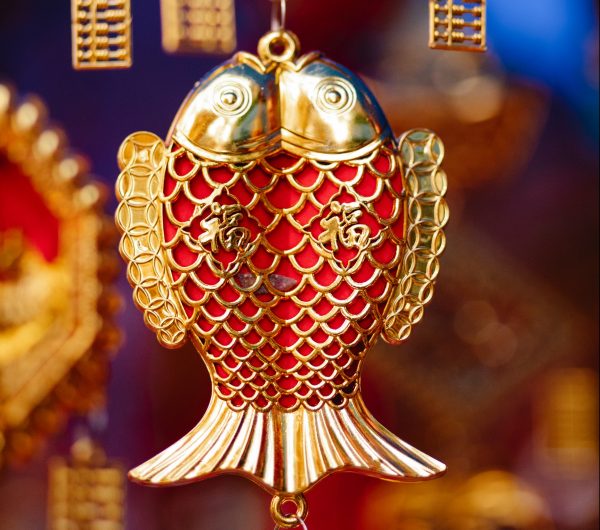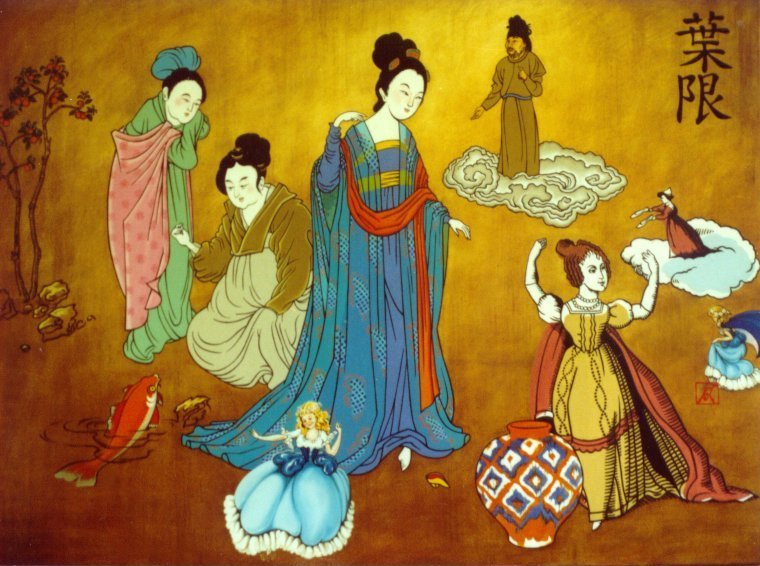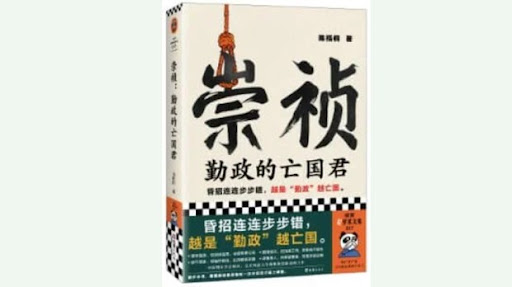Ye Xian, 葉限, is the story of a young Chinese girl living sometime between China’s Qin and Han Dynasties (221-206 BC and 206 -220 AD, respectively.) It is the earliest recorded Cinderella story and contains certain Buddhist principles. The tale eventually spread across the Europe and around the world. While ancient stories are still being read today, new versions of Cinderella continue to be produced.
Ye Xian was the child of widowed Chief Wu, who lived in ancient China. When she was just a baby her father died from illness and she was left in the care of a foster mother. This woman despised Ye Xian, because she was prettier and kinder than her own daughter; so she mistreated her by assigning her the most unpleasant chores.
One of Ye Xian’s few acquaintances was a golden-eyed fish in a nearby river. She fed the fish every day since it came up to the bank from the water. Even though Ye Xian was starving, she continued to share her food with the fish. When her stepmother learned about the fish, she put on Ye Xian’s coat and headed to the pond. She stabbed the fish with a knife, and then fried the fish for dinner.
At the death of her dear friend, Ye Xian broke down and sobbed by the water’s edge. Suddenly, an ancient spirit appeared and informed her that the fish’s bones contained a powerful spirit and that if she ever needed anything, she should kowtow before them and make a wish. Ye Xian found the bones and hid them.
The arrival of spring ushered in the annual spring celebration, but Ye Xian was barred from attending the festival. After the stepmother and sister departed, she went to the bones to ask for garments to wear to the celebration. Ye Xian received a stunning gown and shawl and a pair of golden shoes adorned with a fish scale design. Ye Xian attended the event, where she was the center of attention due to her unassuming beauty and charm. Meanwhile, her stepmother and sister became suspicious.
Success
You are now signed up for our newsletter
Success
Check your email to complete sign up
Ye Xian was afraid of being found out, so she fled, leaving one shoe behind in her haste. She changed back into her tattered old dress as soon as she got home. She tried to talk to the bones, but they were silent, and offered no help. Full of disappointment, she hid her one remaining shoe in her bed.
After some time, a merchant discovered the lost gold shoe and, realizing it’s worth, sold it to the King. The King wanted to find the owner of this tiny beautiful shoe, so he sent his soldiers to search the kingdom. They could find no one whose foot would fit into the shoe. He put it on display in an area near where it was found. All the women came to try on the shoe, but it didn’t fit. Then one night, Ye Xian slipped quietly across the pavilion and reclaimed her shoe, but the King’s men rushed out and arrested her.
The King was furious; he couldn’t believe anyone in rags could possibly own a pair of gold shoes. However, upon hearing Ye Xian’s explanation, he was struck by her gentle nature, despite her poor circumstances.
Ye Xian was thus allowed to go home with the shoe. The following day, the King went to her house.
When Ye Xian appeared wearing both her shoes with the fish motif and her beautiful sea-green-and-blue gown, the King realized that it was her that he was looking for. He asked her to come with him to his kingdom and to be his wife and queen, and she happily accepted.
The cruel stepmother and her daughter were never allowed to visit Ye Xian, and were forced to live in a cave until the day came when a rain of fiery stones killed them.
Some stories place the stepmother and stepsister in “The Tomb of the Regretful Women.” In later mythology, after paying off their karma, these two ladies became deities who may grant wishes.

Moral
Be a kind-hearted soul, and you’ll be rewarded! Fish are lucky symbols in China, and there’s a Buddhist precept about not cruelly taking another life. Ye Xian’s jealous stepmother was punished for her deed. As the ancient Chinese saying goes, “Good is rewarded and evil is punished.” That is the law of Heaven.
Around the time of the Chinese New Year, there will frequently be an increase in fish symbols. This is because the word for fish, “Yu,” is a homonym to “surplus” 餘 in the Chinese language and is therefore considered auspicious.













